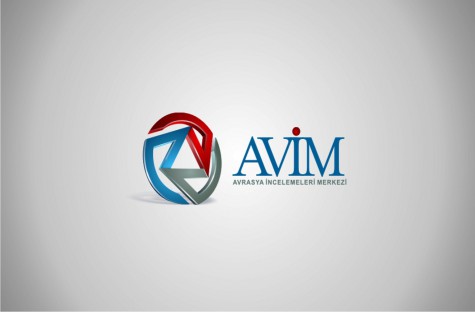
AVIM
23.01.2015
Turkish Prime Minister Ahmet Davutoğlu issued a statement in eight different languages including Armenian, three days after President Sargsyan’s letter to president Erdoğan, on the remembrance of Hrant Dink, an eminent Armenian-Turkish journalist and the founder of the Armenian-Turkish bilingual weekly Agos, who was assassinated eight years ago in İstanbul on January 19th. This statement is the most recent one in the chain that displays Turkey’s approach to the ‘Armenian question’.
Prime Minister Davutoğlu underlines the “800 years-old common history” of Armenians and Turks. He expresses the determination of Turkey to “press ahead with resolve to give due recognition to the Armenian cultural heritage in Turkey and to those Armenian personalities who made inestimable contributions to Ottoman/Turkish culture”. Prime Minister Davutoğlu salutes Dink for striving “mind, heart and soul, to shed light on one of the major issues that the Ottoman Empire passed down to the Republic of Turkey”. He states:
"Having already underscored the inhumane consequences of the relocation policies essentially enforced under wartime circumstances, including that of 1915, Turkey shares the suffering of Armenians…"
These statements are of crucial importance for demonstrating where Turkey stands vis-à-vis the ‘Armenian question’.
One of the main features of the widespread Armenian political discourse is the claim that Turkey seeks to erase traces of the Armenians in Anatolia and Ottoman-Turkish history as the final stage of the “genocide”. The above mentioned statements that were made by the Prime Minister of Turkey are the most powerful refutation of such accusations. Prime Minister Davutoğlu not only acknowledges the presence of Armenians in Anatolia throughout the history but appreciates contributions of the Armenians to the cultural richness of Turkey.
While the widespread Armenian political discourse propagates that Turkey refuses even to publicly acknowledge that there are issues to be solved between Armenia and Turkey and Turkey is indifferent to the sufferings of the Armenians during the World War I, Prime Minister Davutoğlu not only openly acknowledges the problems between the two nations, he, in the official website of the Prime Ministry of the Republic of Turkey, declares Turkey’s regret of the deep-rooted sufferings of the Armenians in the World War. Prime Minister Davutoğlu highlights the omni-importance of “human interaction” and dialogue to foster “a sense of mutual trust and cooperation”. He invites Armenians to pay visits to Turkey that would help to erase stereotypes and prejudices.
Juxtaposing the two recent statements of President Sargsyan and Prime Minister Davutoğlu, we would like to draw attention to the radically different approach and rhetoric of the two. Whereas, President Sargsyan shows no indication of a willingness to revise the decades old approach of the Armenians which since long ago proved to be ineffectual, Prime Minister Davutoğlu, even with some self-criticism, declares Turkey’s willingness for new and mutually worthwhile approach. Whereas, President Sargsyan employs a sarcastic rhetoric to make insinuation and utilizes manipulative arguments, Prime Minister Davutoğlu’s statement is lenient and intimate.
Given those two statements, it is on individual Armenians and Turks and any other concerned parties to judge where the obstacles and opportunities for the reconciliation between the two nations lie.
© 2009-2025 Center for Eurasian Studies (AVİM) All Rights Reserved
No comments yet.
-
 HARVARD UNIVERSITY’S BELFER CENTER-UNBECOMING ACADEMICS
HARVARD UNIVERSITY’S BELFER CENTER-UNBECOMING ACADEMICS
AVİM 03.12.2019 -
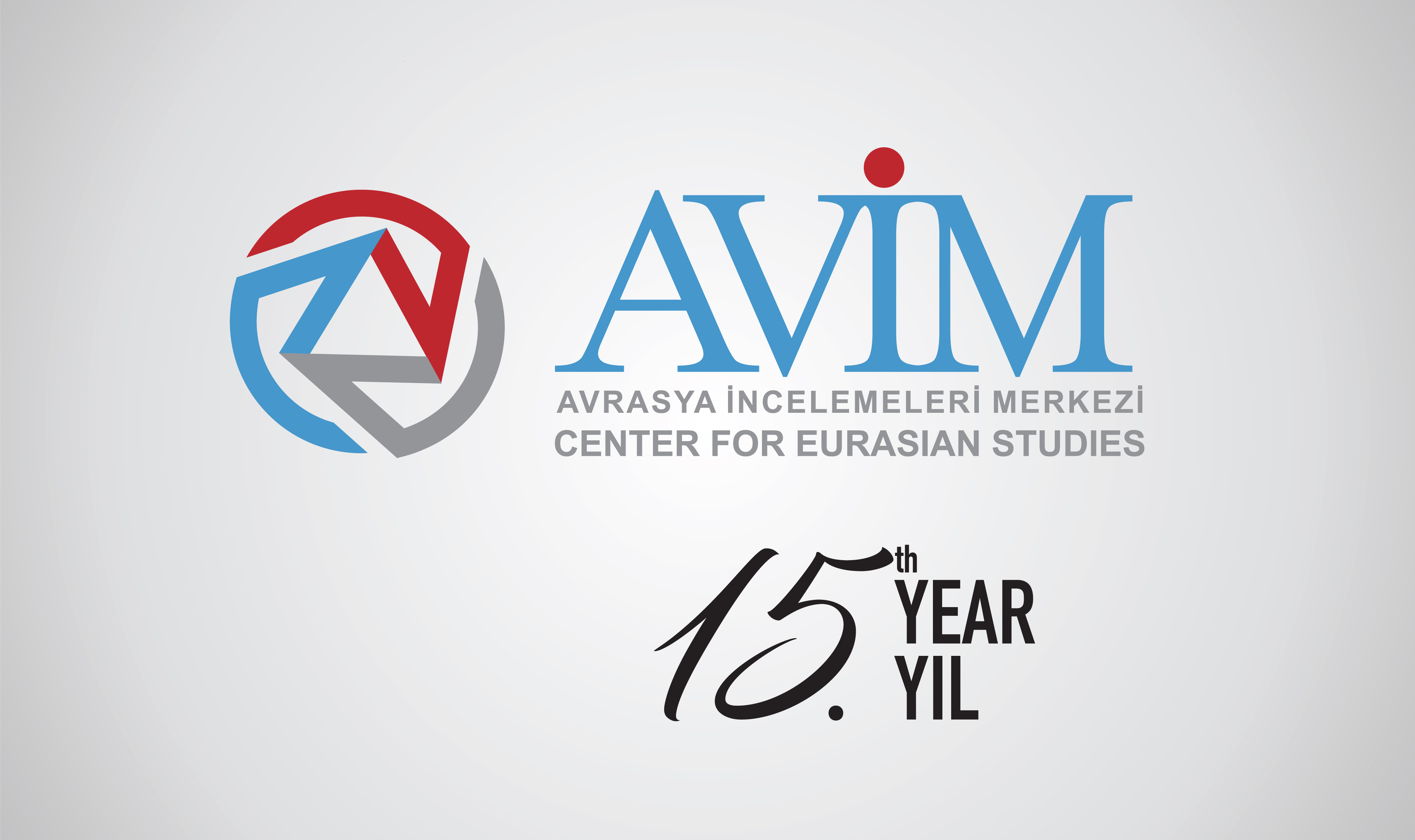 CELEBRATING 15 YEARS OF AVİM - A JOURNEY OF EXCELLENCE AND ASPIRATION
CELEBRATING 15 YEARS OF AVİM - A JOURNEY OF EXCELLENCE AND ASPIRATION
AVİM 11.01.2024 -
AVIM HOSTED MEETING ON G20
AVİM 14.11.2013 -
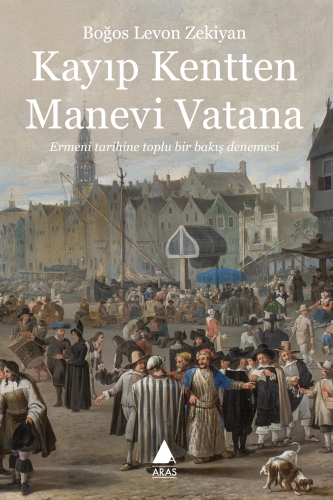 BOOK REVIEW: FROM THE LOST CITY TO THE SPIRITUAL HOMELAND
BOOK REVIEW: FROM THE LOST CITY TO THE SPIRITUAL HOMELAND
AVİM 29.06.2018 -
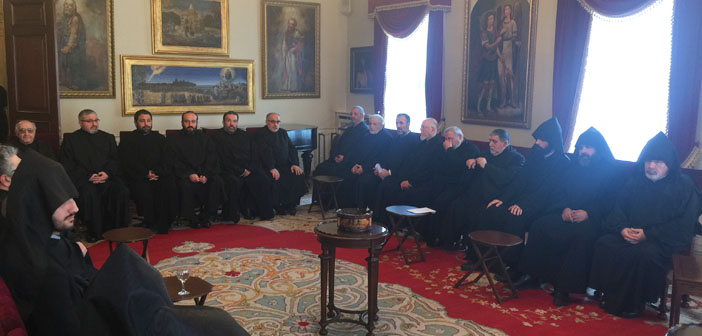 OUTSIDE INTERVENTION TO THE ELECTION OF THE ARMENIAN PATRIARCH OF ISTANBUL CONTINUES
OUTSIDE INTERVENTION TO THE ELECTION OF THE ARMENIAN PATRIARCH OF ISTANBUL CONTINUES
AVİM 17.03.2017
-
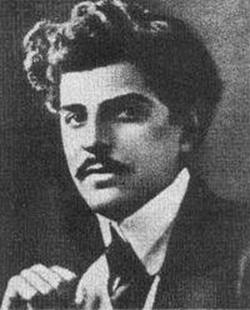 RUPEN SEVAG CHILINGIRIAN
RUPEN SEVAG CHILINGIRIAN
AVİM 09.03.2020 -
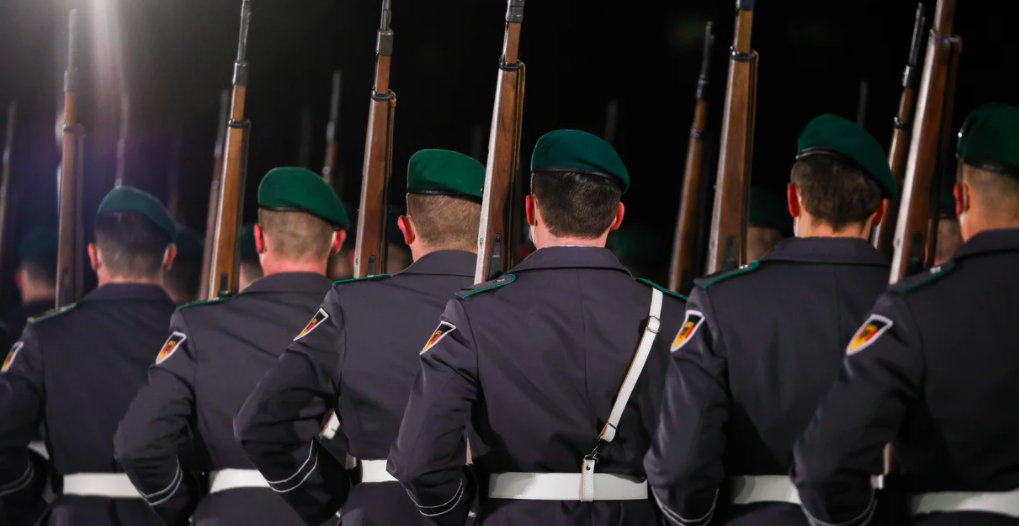 WHY IS GERMANY INCREASING ITS ARMAMENT CAPACITY?
WHY IS GERMANY INCREASING ITS ARMAMENT CAPACITY?
Şevval Beste GÖKÇELİK 29.03.2022 -
 AVİM ON THE ROAD TO THE FIFTEENTH ANNIVERSARY OF ITS FOUNDING
AVİM ON THE ROAD TO THE FIFTEENTH ANNIVERSARY OF ITS FOUNDING
Teoman Ertuğrul TULUN 12.01.2023 -
THE NEW “GENOCIDE” RESOLUTION PRESENTED TO THE US CONGRESS
Ömer Engin LÜTEM 24.05.2013 -
 THE IMPORTANCE OF 2015 FOR TURKEY AND THE MOVIE “WATER DIVINER” - Hande APAKAN
THE IMPORTANCE OF 2015 FOR TURKEY AND THE MOVIE “WATER DIVINER” - Hande APAKAN
Hande Apakan 09.03.2015
-
25.01.2016
THE ARMENIAN QUESTION - BASIC KNOWLEDGE AND DOCUMENTATION -
12.06.2024
THE TRUTH WILL OUT -
27.03.2023
RADİKAL ERMENİ UNSURLARCA GERÇEKLEŞTİRİLEN MEZALİMLER VE VANDALİZM -
17.03.2023
PATRIOTISM PERVERTED -
23.02.2023
MEN ARE LIKE THAT -
03.02.2023
BAKÜ-TİFLİS-CEYHAN BORU HATTININ YAŞANAN TARİHİ -
16.12.2022
INTERNATIONAL SCHOLARS ON THE EVENTS OF 1915 -
07.12.2022
FAKE PHOTOS AND THE ARMENIAN PROPAGANDA -
07.12.2022
ERMENİ PROPAGANDASI VE SAHTE RESİMLER -
01.01.2022
A Letter From Japan - Strategically Mum: The Silence of the Armenians -
01.01.2022
Japonya'dan Bir Mektup - Stratejik Suskunluk: Ermenilerin Sessizliği -
03.06.2020
Anastas Mikoyan: Confessions of an Armenian Bolshevik -
08.04.2020
Sovyet Sonrası Ukrayna’da Devlet, Toplum ve Siyaset - Değişen Dinamikler, Dönüşen Kimlikler -
12.06.2018
Ermeni Sorunuyla İlgili İngiliz Belgeleri (1912-1923) - British Documents on Armenian Question (1912-1923) -
02.12.2016
Turkish-Russian Academics: A Historical Study on the Caucasus -
01.07.2016
Gürcistan'daki Müslüman Topluluklar: Azınlık Hakları, Kimlik, Siyaset -
10.03.2016
Armenian Diaspora: Diaspora, State and the Imagination of the Republic of Armenia -
24.01.2016
ERMENİ SORUNU - TEMEL BİLGİ VE BELGELER (2. BASKI)
-
AVİM Conference Hall 24.01.2023
CONFERENCE TITLED “HUNGARY’S PERSPECTIVES ON THE TURKIC WORLD"









